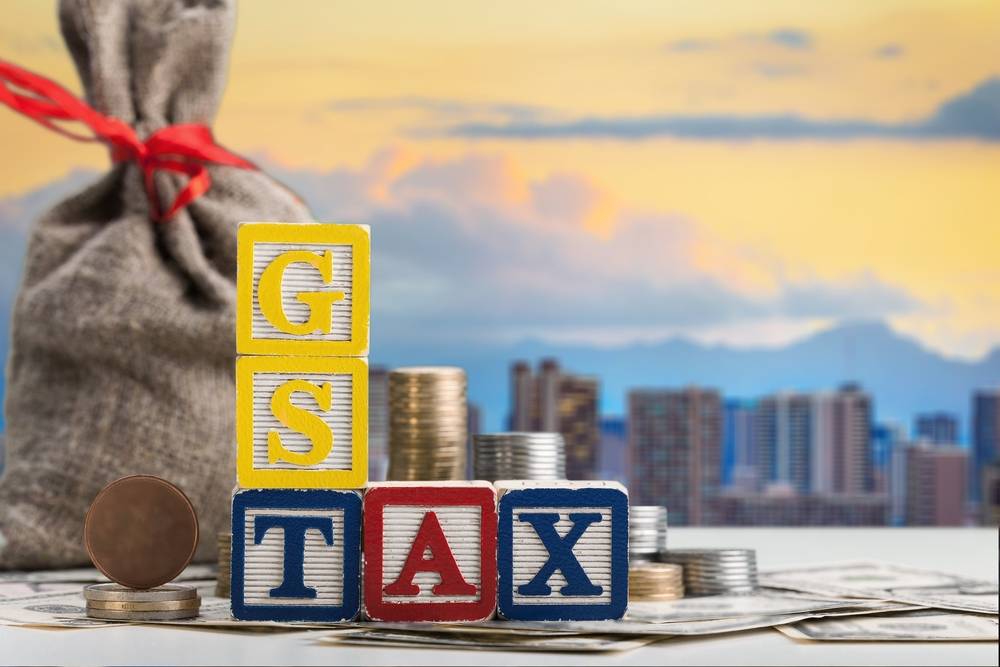GST Changes related to Transport Sector

GST Changes Related to Transport Sector
47th Goods and Services Tax (GST) council has decided to give relief to the transport sector by way of a reduction in the tax rate. For the transport sector, the council lowered GST to 5 percent from 18 percent on ropeways, renting of goods carriage, including fuel cost, and even exempted the foreign component of the tour package from GST. Transport of goods by road attracts 5% GST without tax credit or 12% with the tax credit. Changes in the GST law will come into force on January 1, 2023.
New GST Rate on Ropeways
Ropeways are an important component of passenger and goods transport in hilly and remote areas and therefore, the 47th GST Council has recommended that GST on the transport of goods and passengers by ropeways be reduced from 18% to 5% with credit for input services.
New GST Rate for Renting of Goods Carriage
Renting motor vehicles with an operator where the cost of fuel is included in the price attracts GST at the lower rates of 5% without tax credit or 12% with a tax credit. It has been recommended that on the same lines, GST on renting of goods carriage with the operator where the cost of fuel is included in the price be reduced from 18% to 12%. The reason for lower rates on the transport of goods and passengers is that petrol, diesel, jet fuel, etc. are outside GST.
Exemption of the foreign component of the tour package from GST
In the case of tours conducted partially in India and partially outside India such as Nepal, Bhutan, etc., GST has to be paid on the price charged for the entire tour. The GST Council has recommended that in such cases, the proportionate value of the foreign component of the tour may be exempted from GST when provided to a foreign tourist.
Earlier GST Rate for Transport of Goods
Transport of goods by road attracts 5% GST without tax credit or 12% with a tax credit. Currently, goods transport agencies that opt to pay 12% GST do not have the option to pay GST at the rate of 5%. They have to pay GST at the rate of 12% on all their consignments under the forwarding charge.
In simple words, GST is applicable on Goods Transport Agencies (GTA) services either at 5% under Reverse Charge Mechanism or 12% with ITC under Forwarding charge mechanism (FCM) under CGST.
Changes in GST for Transport of Goods – 47th GST Council
- As per the 47th Goods and Services Tax (GST) council, Goods transport agencies will now be allowed to pay GST either at 5% or 12% on their consignments under forwarding charge.
- The option to continue under the reverse charge mechanism at a 5% rate will also continue.
- Goods transport agencies will be able to switch from one option to the other at the beginning of the financial year.
Option to pay GST @ 5% under forwarding Charge (Without ITC)
Following options are available to GTA Service Providers for transportation of goods (including used household goods for personal use:
| Category | GST Rate |
| If GTA does not exercise the option to pay GST i.e., Recipient pays under reverse charge. | 5%. The recipient can claim ITC |
| If GTA exercises the option to pay GST i.e., under the Forwarding charge. | 5% (without ITC) or (w.e.f. 18th July 2022) |
Declaration by GTA for opting for forwarding Charge
- GTA opts to pay GST under forwarding charge during a financial year; it shall have to give a declaration on or before 15th March of the preceding financial year, i.e for F.Y. 23-24 such declaration needs to be given on or before 15.03.2023.
- However, for the F.Y. 2022-23, the option can be exercised on or before 16.08.2022.
Declaration in the invoice by Supplier. - If GTA opts to pay GST under the forwarding charge, then the supplier shall issue a tax invoice to the recipient at the applicable rate and shall give the following declaration.
Other Announcements for Small taxpayers
- GST Council also allowed composition dealers to undertake intra-state supplies via e-commerce operators.
- The council has also waived the compulsory registration norms for small businesses with annual turnover up to Rs 40 lakh and Rs 20 lakh for goods and services respectively, using e-commerce platforms to sell products and allowing them to opt for a composite scheme


